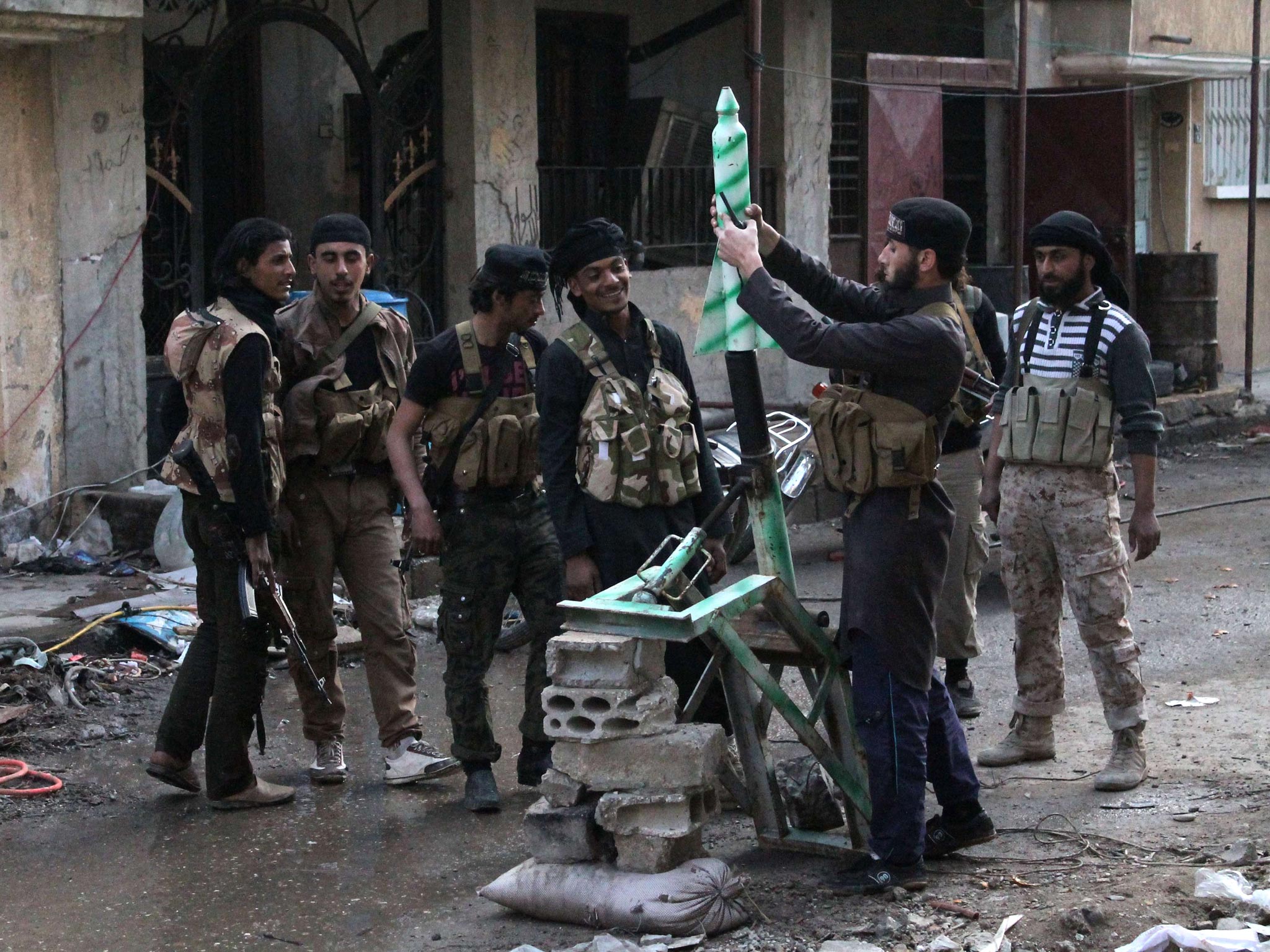Growing fears over Britons radicalised in Syrian conflict

Britons travelling to Syria with amateur aid convoys are at threat of becoming radicalised by terrorist groups and should stay at home, a Government minister has warned.
The return to Britain of armed, trained and dangerous fighters from conflict in the Middle Eastern state will be a significant threat for the foreseeable future, said James Brokenshire, the Home Office minister responsible for security. Senior officials have highlighted the threat from groups travelling to Syria determined to fight and those who go with the intention of taking humanitarian aid but become radicalised while they are there.
It follows the case of the suicide bomber Abdul Waheed Majeed, 41, who is believed to have driven a lorry filled with explosives into a prison in Aleppo earlier this month in an attempt to release hundreds of prisoners. He entered the country with an aid convoy after his mosque in Crawley had raised tens of thousands of pounds to help refugees, and made the journey in a fleet of old ambulances.
A report in The Sunday Times on Sunday cited senior security officials as saying that 250 jihadists had returned to Britain after training and fighting in Syria, described as the world’s No 1 jihadist destination. Officials have said that Britons in the “low hundreds” have travelled to Syria to join up to 2,000 European-based fighters where al-Qa’ida-linked groups, Jabhat al-Nusra and the Islamic State of Iraq and the Levant are active.
Police and security services are monitoring passengers on flights in and out of the region and senior police have warned that people are at threat of arrest on their return. In January, 16 people were arrested for suspected terror offences linked to Syria. That number represents two-thirds of the total for the whole of 2013.
“The situation on the ground is such that people who might think that they’re going out for humanitarian purposes may get involved in situations that they simply had not contemplated,” Mr Brokenshire said on Sunday. “People may become involved in those terrorist organisations who are killing civilians, they may be radicalised when they are out there. It’s an extremely fluid picture.”
The head of Scotland Yard, Sir Bernard Hogan-Howe, said last week that there were concerns about a “surge of returns” of British fighters but said the timing could not be predicted. A major return is expected when one side gains sway in the conflict, which has left some 140,000 people dead, according to one rights group.
“Our biggest worry… is when they return they are radicalised, they may have military skills and they may have a network of people that allows them to get weapons,” said Sir Bernard.
Mr Brokenshire told the BBC that Britons motivated to help the plight of the Syrians should do it in the “right way” which was by “providing the financial support to recognised organisations that are able to deliver”.
However, following the failure of the latest peace talks, the Government said the UN had to respond urgently to address the humanitarian suffering in the country.
Bookmark popover
Removed from bookmarks